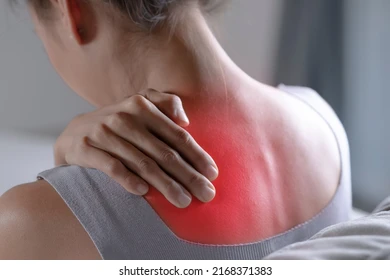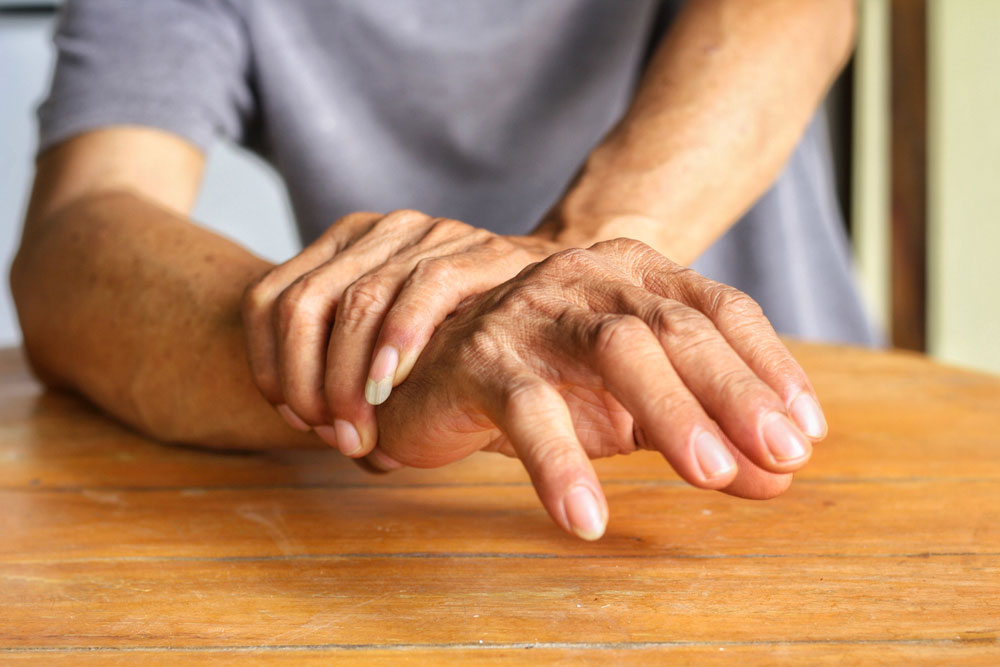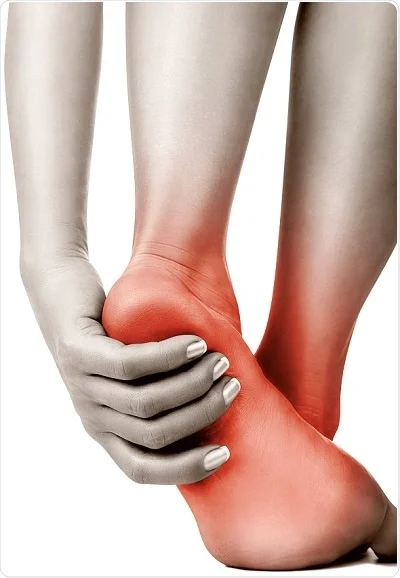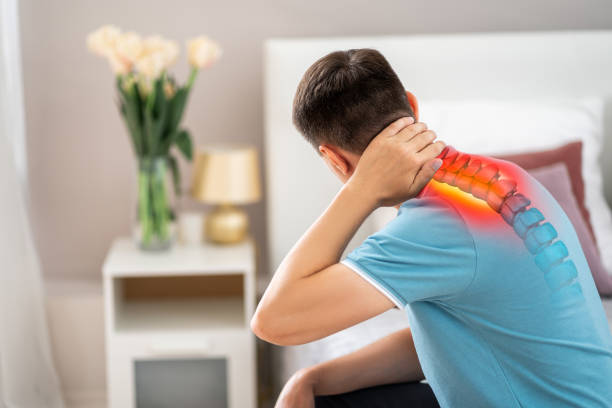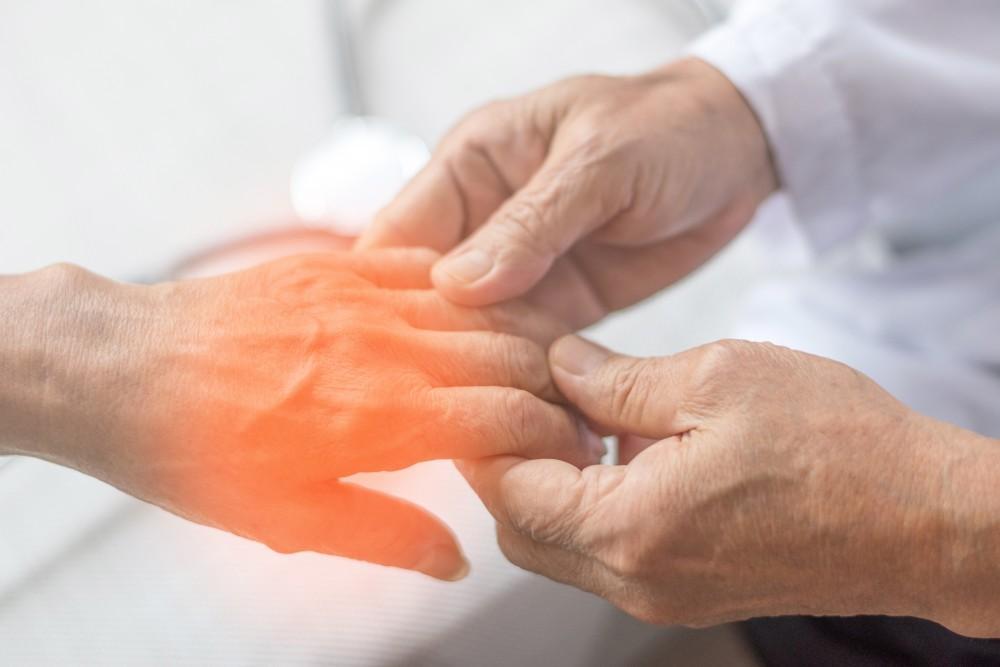Muscle stiffness is when your muscles feel tight and you find it more difficult to move than you usually do, especially after rest. You may also have muscle pains, cramping, and discomfort. This is different from muscle rigidity and spasticity. With these two symptoms, your muscles stay stiff even when you’re not moving. Muscle stiffness usually goes away on its own. You may find relief with regular exercise and stretching. In some cases, muscle stiffness can be a sign of something more serious, especially if there are other symptoms present. Muscles stiffness can also be accompanied by pain, cramping, and discomfort. It is usually not a cause for concern and can be treated with home remedies and stretching.
Causes Of Muscle Stiffness
Muscle stiffness typically occurs after exercise, hard physical work, or lifting weights. You may also feel stiffness after periods of inactivity, like when you get out of bed in the morning or get out of a chair after sitting for a long time. Sprains and strains are the most common reasons for muscle stiffness.
- Sprains and Strains
- Polymyalgia rheumatica causes muscle pain and stiffness. It usually affects the upper body, including the shoulders, neck, and arms. It also commonly affects the hips. The average age of a person with polymyalgia rheumatica is 70, and some people do not develop it until they reach their 80s.
- Chronic fatigue Syndrome
- Fibromyalgia
Other common conditions that may cause stiff muscles include:
- Insect bite or sting
- Infection
- Injury from extreme heat or cold
- Anaesthesia or medication used for surgery
Some symptoms can be treated at home. Make an appointment with your doctor if your sprain or strain causes severe pain or if any additional symptoms don’t go away. Stiff muscles with other symptoms may mean an underlying condition.
In addition to sprains and muscle strains, there are other conditions that cause muscle stiffness along with other symptoms.Tetanusisa bacterial infection, usually from soil or dirt, with symptoms that include:
- Difficulty swallowing
- Stomach pain or cramping
- Increased blood pressure
- Rapid heart rate
Meningitis is an infection of the covering of the brain and spinal cord with symptoms that include:
- Stiff neck
- Sudden high fever
- Headache
Nausea and vomiting
Risk Factors
Muscle stiffness is relatively common, but some people are more prone to it than others. This problem is particularly prevalent in infants, young children, and older adults above the age of 65 years. The following factors can put anyone at an increased risk of developing muscle stiffness and cramps:
Over weight: Being overweight or obese increases stress on your knee joints, even during ordinary activities such as walking or going up and down stairs. It also puts you at increased risk of osteoarthritis by accelerating the breakdown of joint cartilage
Excessive alcohol consumption: High levels of alcohol consumption have also been believed to be the key risk factor for contribution to muscle stiffness.
Hypothyroidism: Certain medical conditions like that are of Hypothyroidism have been believed to be one of the contributing factor for causing muscle stiffness among elders.
Preventive Measures
There are also some simple changes people can make to their lifestyle to prevent getting muscle stiffness. These include:
Practice good posture: Make sure your furniture at home and at work provides comfort and support.
Take regular breaks. To reduce stiffness, get up, walk around, and stretch every so often to keep the muscles loose. You may find it helpful to set an alarm or desktop notification as a reminder.
Health and diet
There are a couple of things to take into consideration when it comes to preventing muscle stiffness. Make sure you stay hydrated and are getting enough of the right nutrients.
Water: Making sure you have enough water in your body helps your muscles work well. Many experts recommend eight 8-ounce glasses of water or other healthy drinks every day. If you are active and sweat, you should have extra water. Multiple studies have found that dehydration during exercise increases the chance of muscle damage and causes more muscle soreness.
Calcium and magnesium: Calcium and magnesium are important to muscle health and with a optimum level of consumption can significantly reduce the chances of muscle stiffness.
When To Seek Medical Help?
You should call your doctor if your muscle stiffness doesn’t go away or if you have other symptoms. Seek immediate medical attention if you experience muscle stiffness along with any of the following symptoms:
- Fever especially with stiffness in the neck
- Extreme muscle weakness
- Redness, pain, and swelling in the area you’re experiencing muscle stiffness
- Muscle pain that began after taking a new medication
- These symptoms could mean there’s an underlying condition.
Treatment Overview
Your doctor may ask how and when the pain started, whether it has occurred before and how it was treated, and other questions to help determine both your general health and the possible causes of your muscle stiffness. A comprehensive examination will be required to find the causes of your stiffed muscle. Your doctor will look for physical abnormalities, swelling, deformity or muscle weakness, and check for tender areas. They’ll also perform a physical examination to locate your pain or stiffness. And your doctor may order blood or other lab tests, including X-rays and CT or MRI scans.
Your specific treatment will vary depending on the cause. Your doctor may recommend anti-inflammatory medications, like ibuprofen, to lessen pain and discomfort.
Home treatments
You may be able to treat muscle stiffness at home with rest, massage, and application of heat or cold.
Heat may work better for muscle tightness. Cold may work better for swelling and inflammation. Options include hot and cold packs, heating pads, and heat therapy patches.
Apply heat or cold to the affected area for no more than 20 minutes. Let the area rest for 20 minutes before reapplying either option. If you aren’t sure about whether to use heat or cold, call your doctor for instructions.
Stretches
Stretching is important for keeping muscles flexible and preventing stiffness. To decrease muscle stiffness, improve circulation, and reduce inflammation, try the following:
- Make time for regular exercise
- Stretch before and after exercise
- Take warm baths
- Massage sore areas
Physiotherapy Treatments
Physiotherapy can help with both muscle and joint stiffness in clients through assessment, advice and treatment and appropriate. Physiotherapy can help stiffness by:
- Increasing joint range of movement
- Increasing muscle length
- Decreasing pain
- Offering self-management strategies
- Sign posting to other appropriate medical services as necessary
For joint and muscle stiffness there are several Physiotherapeutic techniques which can be used to help. Some of the techniques include:
- Joint mobilisations
- Range of movement exercises
- Stretching exercises
- Strengthening exercises
- Electrotherapy (PSWD, Interferential, TENS)
- Acupuncture
- Massage

